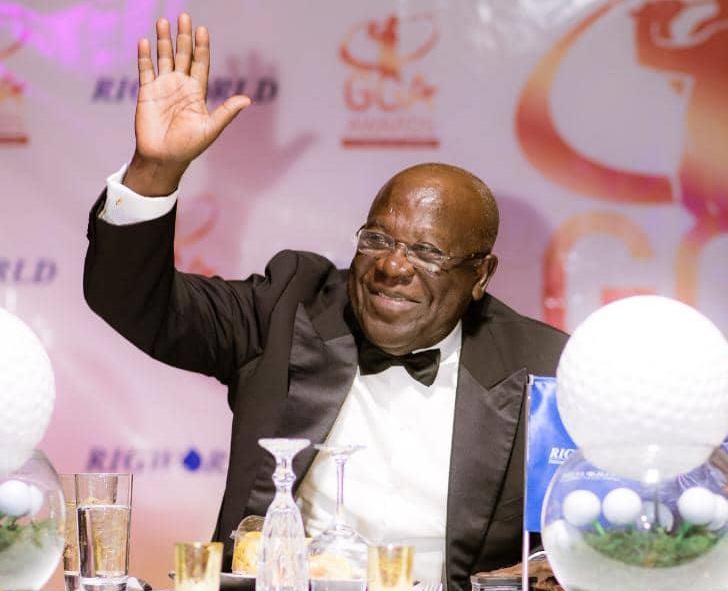Prominent Ghanaian businessman Sir Sam Jonah has strongly criticised the collapse of UT Bank, describing it as an act of “economic injustice” driven by malice, deceit, envy, and jealousy.
Speaking at the launch of The UT Story: Volume 3, authored by UT Bank’s founder, Prince Kofi Amoabeng, Jonah lamented the role of political interference in the bank’s downfall. He warned that such actions undermine investor confidence and deter entrepreneurs from taking bold initiatives that could transform Ghana’s economic landscape.
“This is perhaps the most painful chapter in Kofi’s journey,” he stated. “It speaks not only of his success but also of betrayal—the harsh realities of power and the fragile nature of businesses when entangled with politics.”
Jonah asserted that the government’s decision to shut down the bank six years ago was a calculated move to suppress local business success. “The seizure of his bank was one of the most egregious acts of economic injustice perpetrated by the state—a move driven by malice, deceit, envy, and jealousy,” he said.
He further argued that the collapse of UT Bank was not just the failure of a financial institution but a blow to the aspirations of Ghanaian entrepreneurs. “It was not only a collapse of a bank, it was a blow to the very idea that Ghanaians could build something of their own and succeed at the highest level. It sent a chilling message to entrepreneurs and innovators that no matter how hard you try, no matter how hard you work, how well you play by the rules, your success can easily be undone by those in power,” he stressed.
For his part, Prince Kofi Amoabeng expressed optimism about the future, stating that his vision extends beyond banking. “The vision should not necessarily be a bank coming back. The vision that I have now is bigger than the bank: it is about how we can groom and create leaders with the right values who can change the narratives.”






